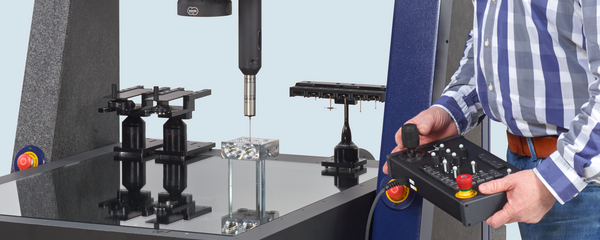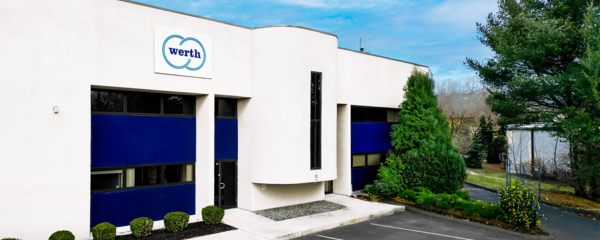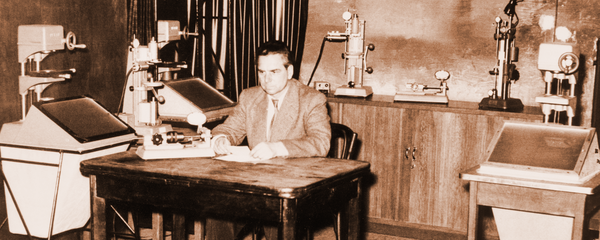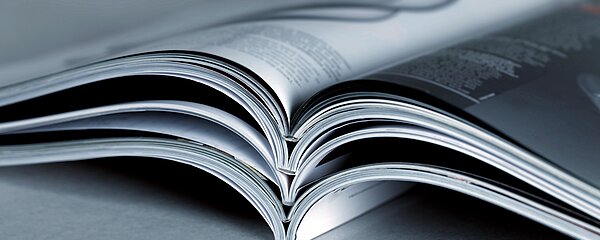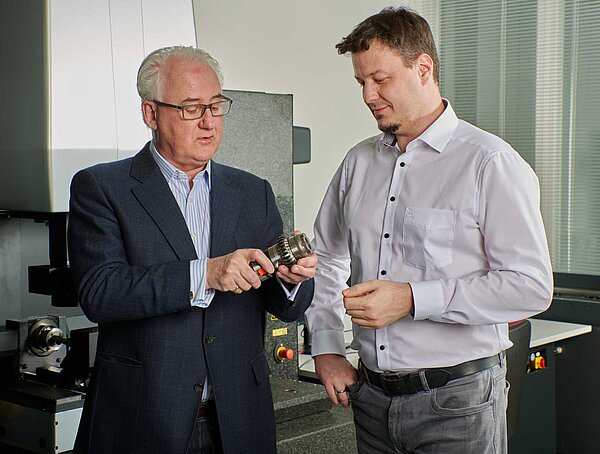In 2009, Werth Messtechnik and mt microtool, which was founded in 2003, merged their tool metrology activities to form Werth Tool MT. Christopher Morcom has been active in tool measurement since 1990. He initially managed a spin-off from a state research and development institute, which he focused on high-precision tool measuring systems. He further developed this company within a large German tool group. According to a management buyout, he founded mt microtool and supplied measuring systems for microtools to leading companies in Europe and Asia, especially in Japan. Activities were later expanded to include larger step and form tools.
It was clear that the potential of Werth's multisensor coordinate measuring machines combined with mt microtool's expertise would offer solutions that were not available anywhere else on the market. As these were not limited to microtools, the company name was changed to Tool MT.
Tool know-how paired with cutting-edge technology
In the meantime, many multi-sensor tool measuring systems have been installed worldwide. These are used in particular by companies that want to measure very small details and complex geometries or require an accuracy that is otherwise not available. One reason for their success is the special software, which enables the tool grinder to carry out fast and precise measurements without complex program creation or in-depth knowledge of the measuring system. The measuring programs are generated automatically from tool parameters or 3D CAD data. The technical team is led by Ingo Heller, who has many years of application engineering experience in tool measurement. He took over the technical presidency of Tool MT in 2018.
Multisensor technology – unique in tool measurement
The systems are unique in that they offer different sensors that are optimally combined according to their properties to enable true 3D tool measurement. At the heart of this is Werth contour image processing, which enables high-resolution measurement of outer contours. The patented Werth Laser Probe and chromatic sensors enable fast, non-contact measurements even on polished or diamond tools. Scanning probes are used for the measurement of flute and rake geometries, and the patented Werth Fiber Probe® is even used for micro-gearing tools with modules smaller than 0.1 mm.

